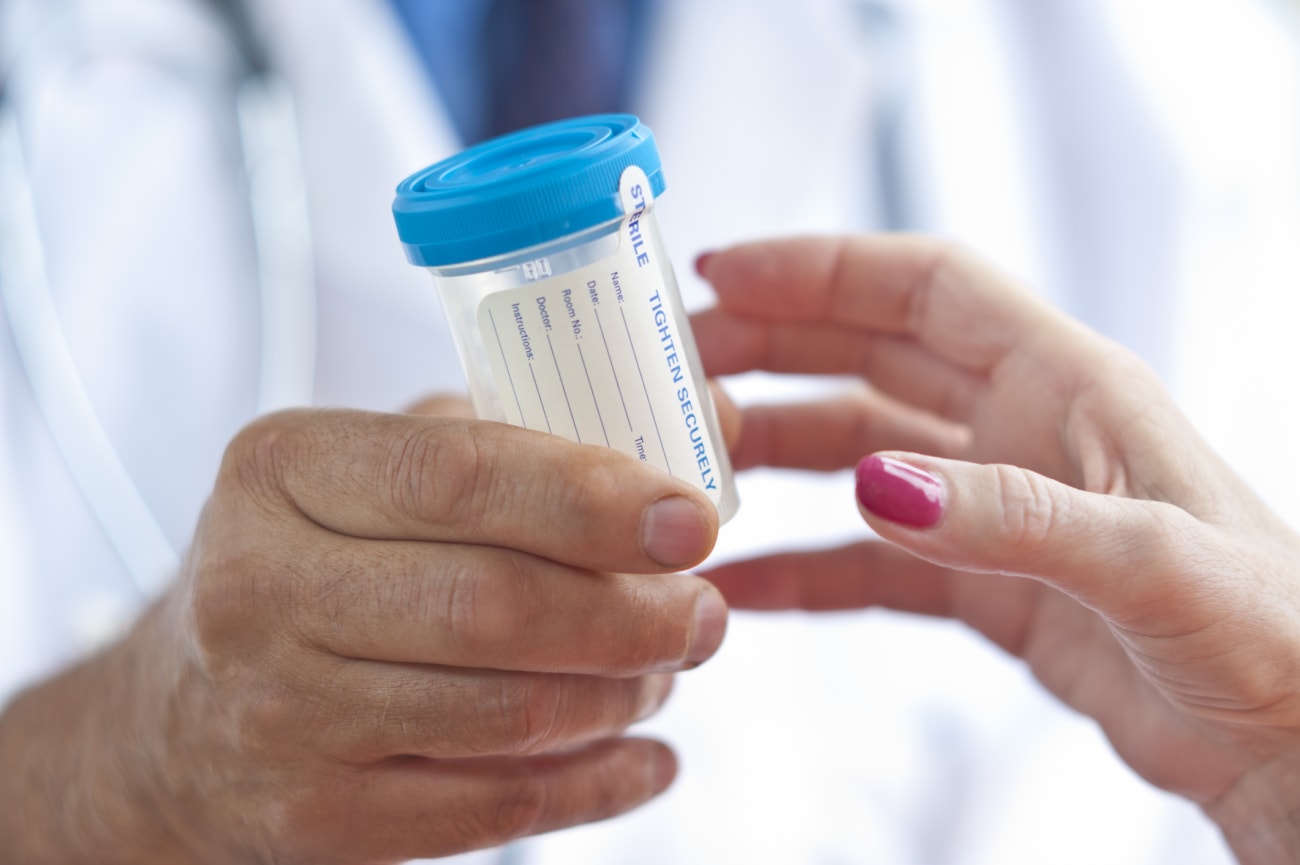“Our current methods to detect the presence of bladder and upper tract urothelial cancers are suboptimal,” says David McConkey, Ph.D., Director of the Johns Hopkins Greenberg Bladder Cancer Institute. “Cystoscopy remains the gold standard for diagnosis and surveillance, but it is expensive and painful for some patients.”
There is no definitive “liquid biopsy,” looking at urothelial cells shed in the urine, for bladder cancer, but McConkey and colleagues are studying several promising approaches.
With collaborators in the Southwest Oncology Group (SWOG), the Department of Urology at MD Anderson Cancer Center, and industry collaborators, McConkey has been leading efforts to use urine liquid biopsies to predict and track benefit from intravesical interferon gene therapy (with Adstiladrin) and the immune checkpoint inhibitor, atezolizumab (Tecentriq). McConkey, with coinvestigators Joshua Meeks, M.D., Ph.D., (Northwestern University) and Robert Svatek, M.D., (UT San Antonio), has competed successfully for $500,000 from the National Cancer Institute’s Biomarkers, Imaging, and Quality of Life Studies Funding Program. With this award, they will perform liquid biopsy measurements on pre- and post-treatment urine samples collected in SWOG’s S1602 PRIME trial, which enrolled 1,000 patients and compared the effects of two different strains of BCG.
Their efforts will help Brady investigators Max Kates, M.D., and Noah Hahn, M.D., and their collaborators in the international ECOG-ACRIN research group. “They are working to integrate urine liquid biopsies into their ongoing Phase-3 EA8212 BRIDGE trial,” says McConkey, “comparing clinical outcomes in patients randomized to receive either BCG or gemcitabine plus docetaxel in the frontline setting.”

